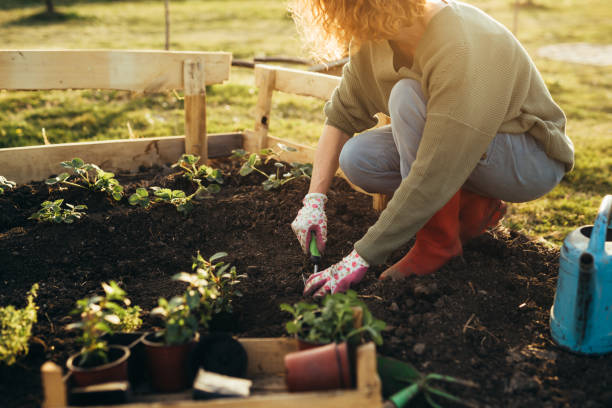Home gardening has seen a resurgence in recent years as more people seek to connect with nature, grow their own food, and find a sense of peace in their own backyards. Whether it’s a small herb garden on a balcony or a full vegetable garden in the backyard, the act of gardening offers numerous physical, mental, and emotional benefits that contribute to overall wellness.
One of the primary appeals of home gardening is the opportunity to grow fresh, organic produce. For many, the ability to cultivate their own fruits, vegetables, and herbs provides a sense of empowerment and self-sufficiency. Home-grown produce is often healthier and more flavorful than store-bought alternatives, and gardening allows individuals to control what goes into their food, from soil quality to pesticide use.
Beyond the nutritional benefits, gardening is also a powerful tool for mental health. The act of tending to plants, being outdoors, and engaging in physical activity has been shown to reduce stress, anxiety, and depression. Gardening promotes mindfulness, as it requires focus and attention to detail, allowing individuals to immerse themselves in the present moment.
Gardening is also a sustainable practice that can contribute to environmental well-being. By growing their own food, gardeners reduce their reliance on industrial agriculture and minimize their carbon footprint. Additionally, home gardens can support local ecosystems by providing habitats for pollinators like bees and butterflies.
The joy of home gardening lies in its simplicity and accessibility. Whether you have a sprawling garden or just a few pots on a windowsill, the act of nurturing plants can bring a sense of fulfillment and connection to the natural world. As more people discover the benefits of gardening, it’s clear that this age-old practice is as relevant today as ever.


